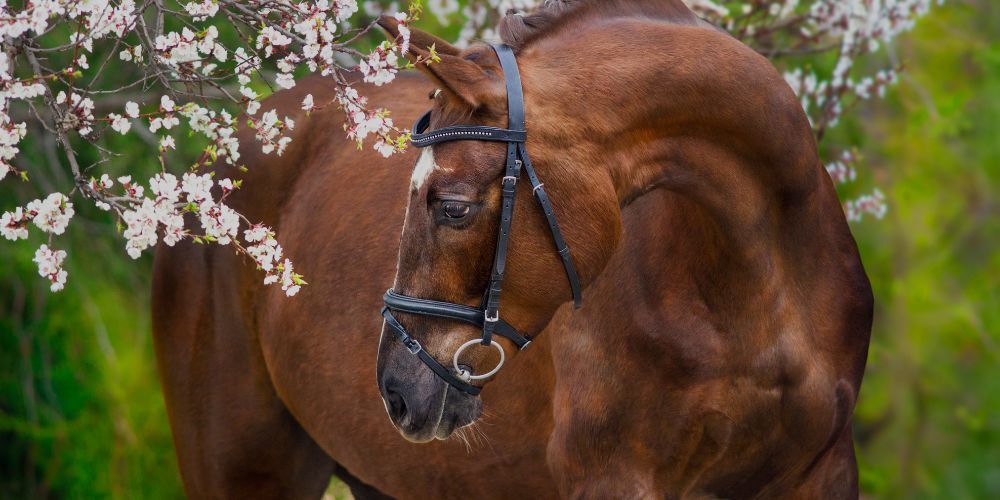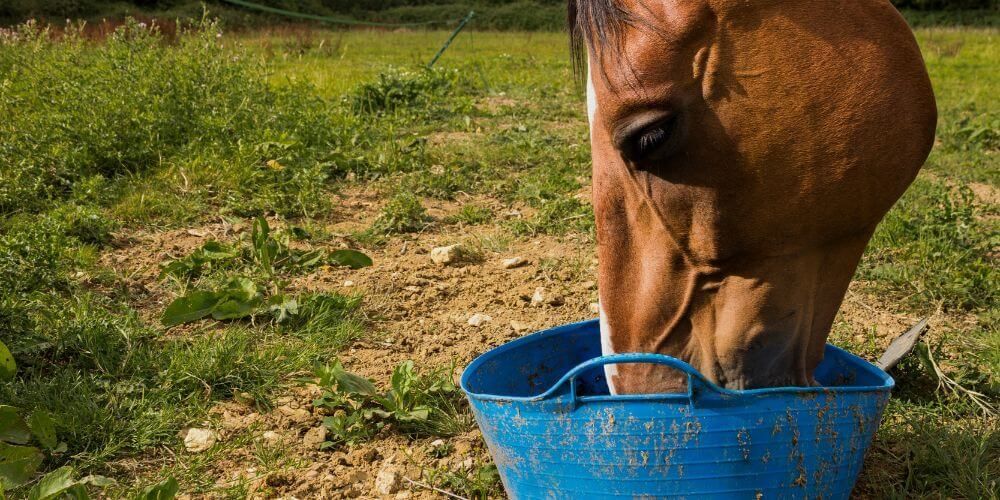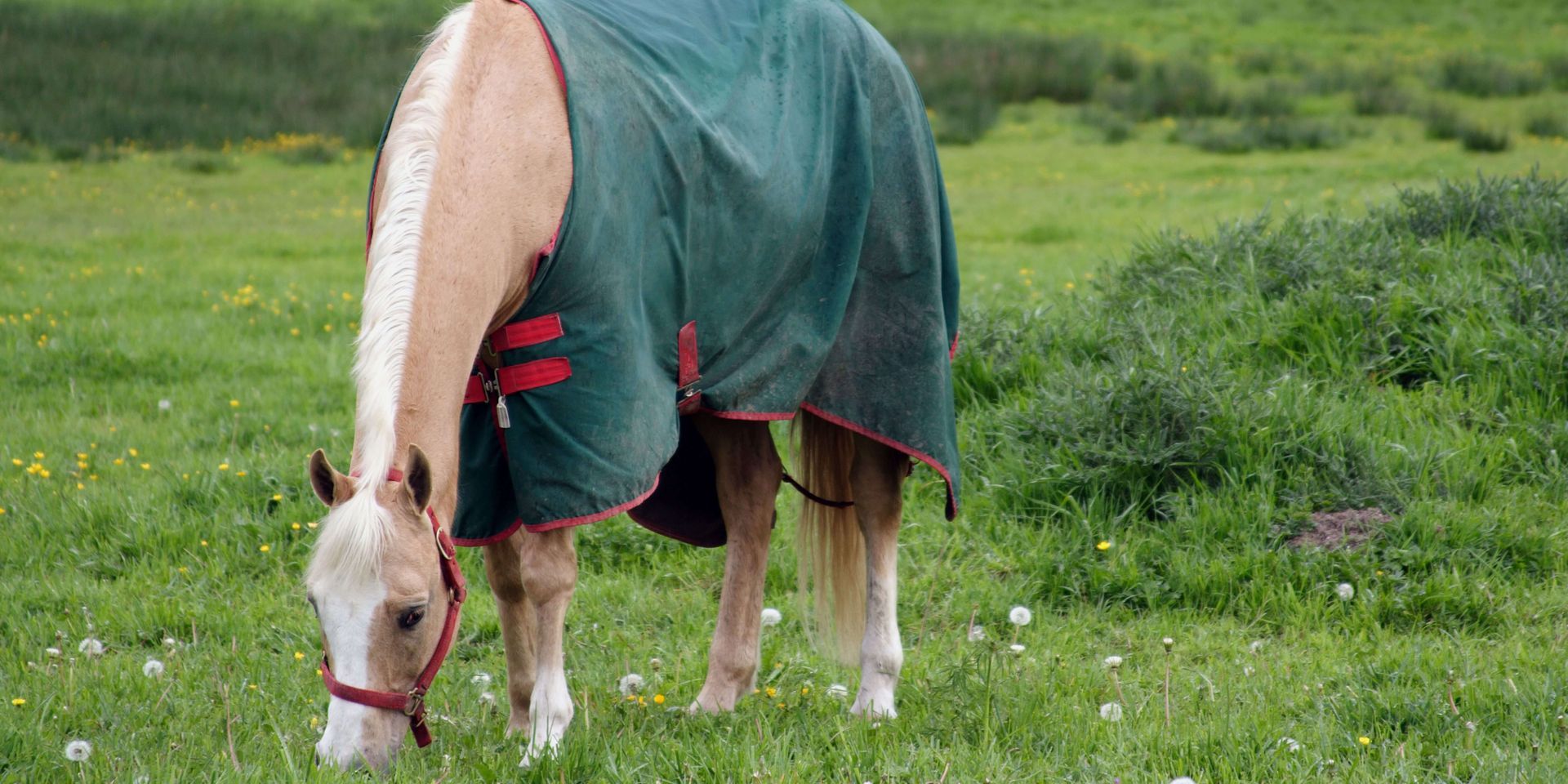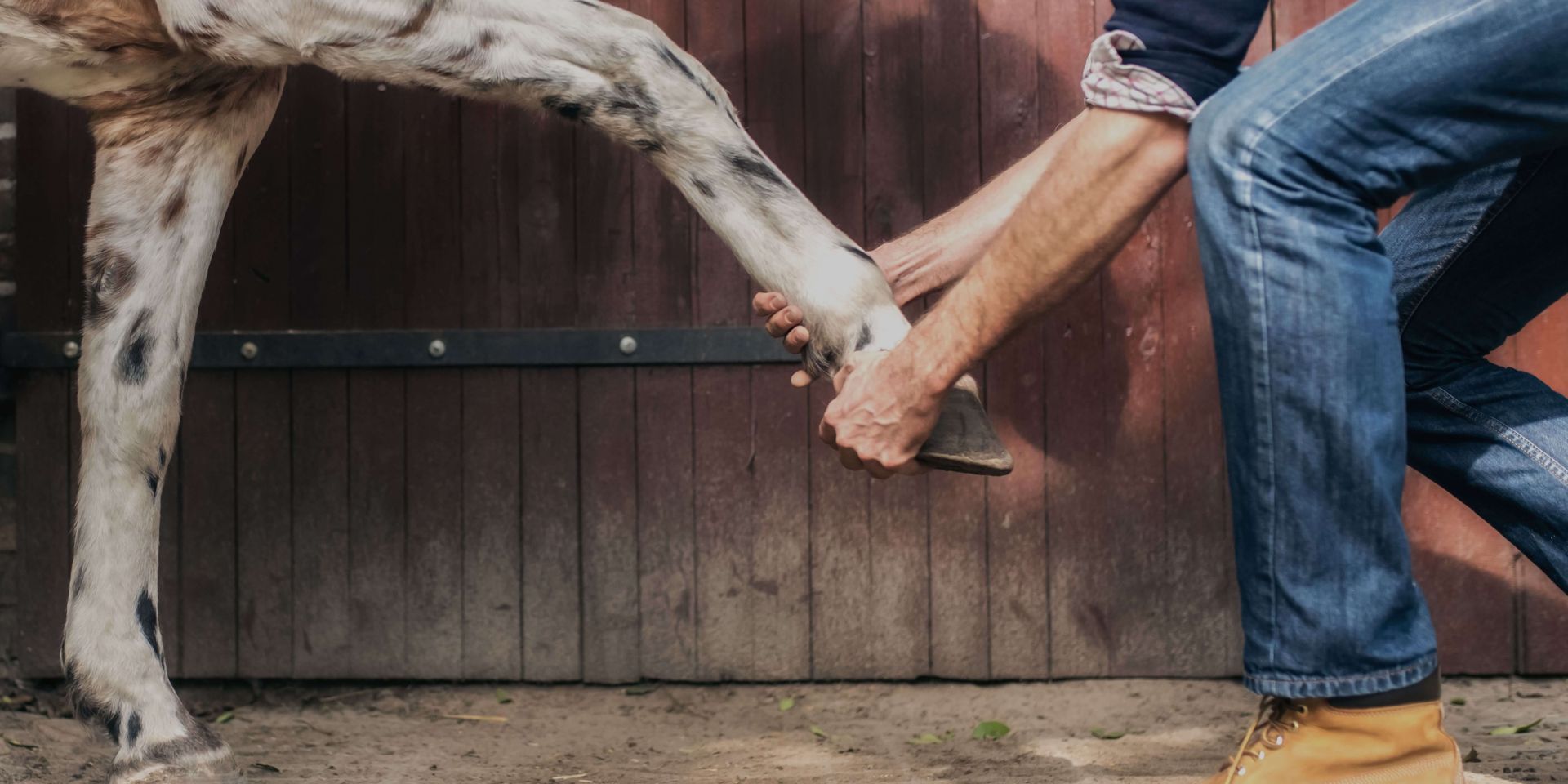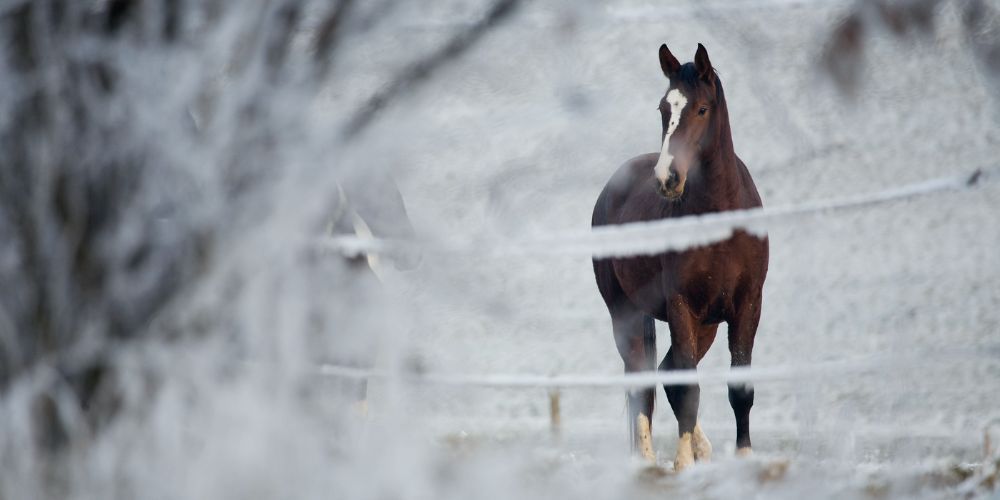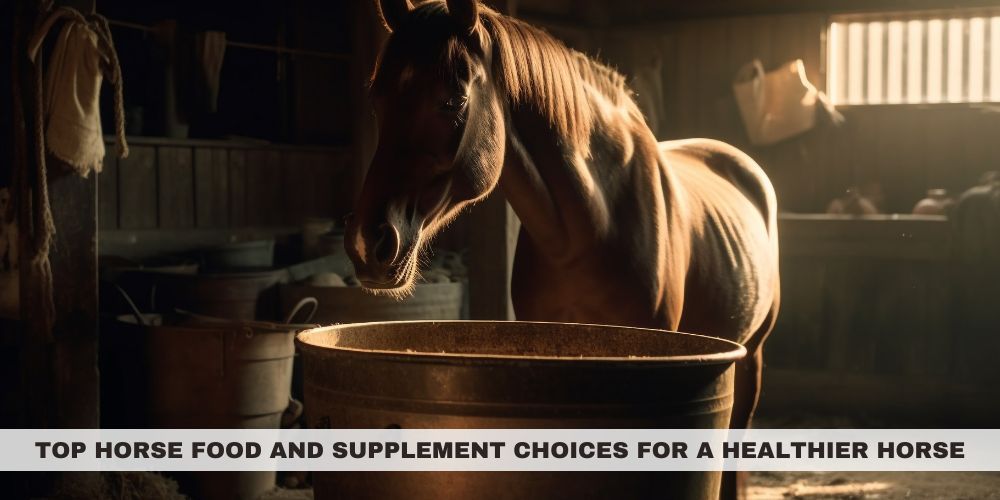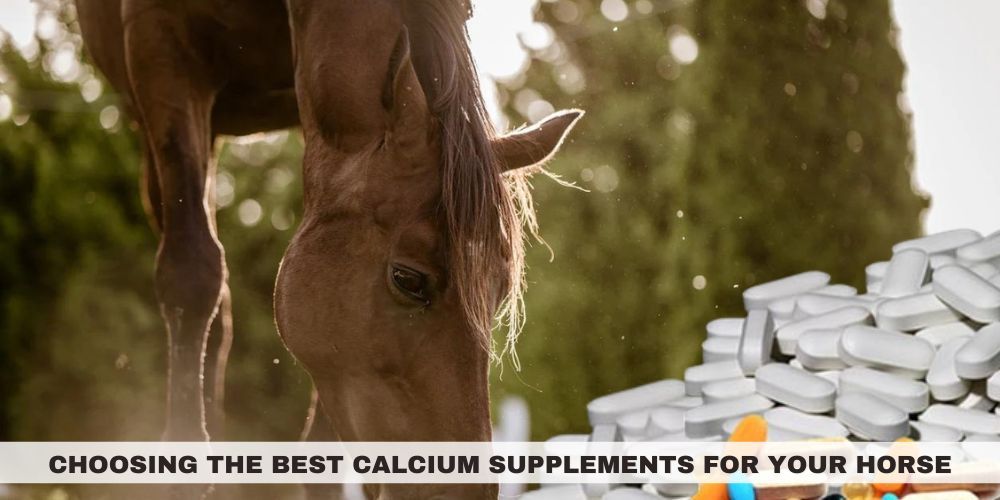6 Key Tips for Feeding Your Horse to Ensure Optimal Health
The foundation of a horse’s health starts with nutrition. Therefore, the ideal horse feed maximizes the amount of nutrients it absorbs through its natural digestive process to meet its current nutritional demands. Nevertheless, there are some measures you can take to make sure that your horse’s digestion and metabolism are running in the healthiest manner possible.
Here are a few important factors to consider for your horse’s feeding routine and for caring for your horses to help them stay healthy throughout their lifetime.
1. Supply Sufficient Clean, Fresh Water
For starters, you’ll need to keep your horse well hydrated. Fresh, clean water helps your horse stay healthy, and ready access to water can also lower the risk of colic and preserve the body’s condition. Water benefits horses and ponies in several ways. For example, water is a necessary component for circulation by enhancing the vascular system’s ability to carry nutrients and oxygen to where they need to go.
Also, water facilitates all metabolic processes as well as several other physiological functions, such as the usage and digestion of nutrients and the regulation of body temperature. Plus, water contributes to muscle health, lubrication of joints, and optimal function of the excretory system.
2. How Reducing Concentrates Can Benefit Your Horse?
Additionally, horses should be given plenty of hay or have read access to nearby pastures, as well as to salt blocks but within reason. In other words, you can overfeed a horse by giving too many sweet feeds, grains, pelleted feed, or any other concentrates. Most mature horses who eat high quality food don't require any extra concentrate type feeds. According to research, if you give otherwise healthy adult horses more than 50% of their dietary needs in the form of high concentrates increases their risk of developing colic and laminitis.
The only exception to this rule includes lactating mares, a breeding stallion, or a young foal. For other horses that have higher workload, you can increase the amount of hay in small increments at a time.
3. Balance Your Horse Mineral and Vitamin Intake
As another healthy addition to their regular diet of forage or hay, you might consider adding a ration balancer. For almost all horses, a ration balancer is necessary for ensuring that they receive their daily requirements of vitamins and minerals. In fact, giving your horse a concentrated vitamin and mineral supplement will help it perform better, have stronger hooves, healthy metabolism, and better coat condition.
Working with a trained equine nutritionist is the best way to determine which vitamins and minerals are needed to supplement your horse's diet. This specialist can also analyze your feeding regimen and forage to see if there are any nutrient shortfalls and imbalances.
4. Feeding Your Horse by Weight Matters More Than Volume
Another tip relates to how you measure your horse’s feed. Horse specialists have also recommended that owners feed their horses by weight rather than volume. This is because different types of feed have varied densities, so using volumetric measurements alone makes it all too easy to give the wrong amounts.
To guarantee an accurate quantity of feed, you’ll need to measure your horse’s weight. If you don’t have a livestock scale, you can use a tape measure to get the heart girth around your horse’s midsection along with the length from the front of the shoulder to the rump. You then use the following equation to figure out its weight: [(heart girth in inches)2 x length in inches)] 330.
5. Don't Make Abrupt Changes
Also, if you're considering changing your horse's diet, gradual adjustments won’t have an adverse effect on micro biomes or bring about digestive problems like colic and diarrhea.
The digestive system of a horse is extremely sensitive to rapid diet changes. Hence, making slow, progressive changes will result in a better outcome.
6. Avoid Feeding Horses in Their Stalls
While horses can get used to being inside, staying in the stable often lead to health hazards, especially in relation to feeding. Research demonstrates that confinement in a stall lowers stomach motility, increasing the risk of colic, and that dust and inadequate ventilation lead to airway disease. Furthermore, stall life may sometimes be depressing and lonely for herd animals like horses.
As always, feel free to get in touch with us if you have any inquiries concerning equine health. Also, keep in mind that you should always consult your veterinarian before making any modifications to your horse's food or routine.
American Horse Products was launched in 1999. With our 11,000-square-foot store in San Juan Capistrano, American Horse Products offers the largest inventory of English and Western products and feed in Orange County, California.
FOLLOW US
PRODUCTS
SERVICES
CONTACT US
BUSINESS HOURS
Monday - Friday : 10:00 AM - 5:00 PM
Saturday - Sunday 10:00am -4:oop,m
All Rights Reserved | American Horse Product


